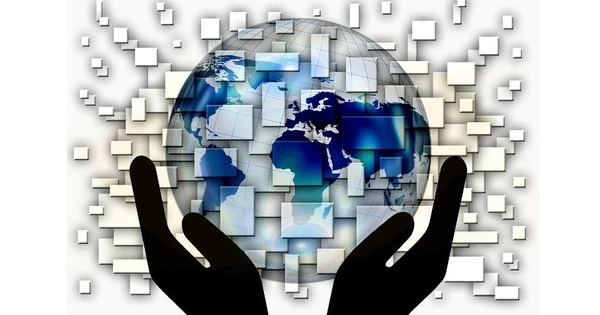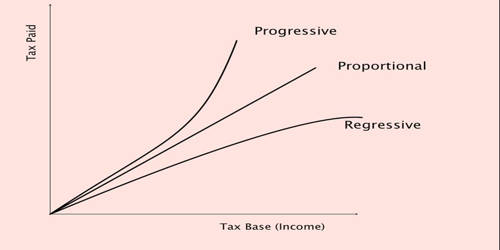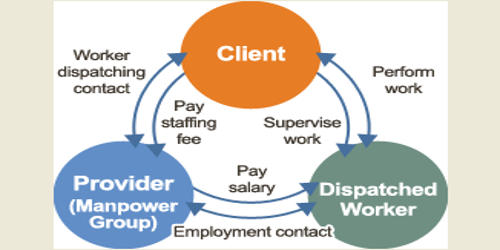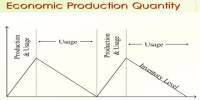Economic globalization refers to the growing interdependence of world economies as a result of the increased scale of cross-border trade in commodities and services, the flow of international capital, and the wide and rapid spread of technologies. It is one of three major dimensions of globalization commonly found in academic literature, the other two being political globalization and cultural globalization, as well as the general term “globalization.” The two major driving forces for economic globalization are the rapidly growing importance of information in all types of productive activities and mercerization.
The widespread international movement of goods, capital, services, technology, and information is referred to as economic globalization. It reflects the ongoing expansion and mutual integration of market frontiers, and it is an irreversible trend for global economic development at the millennium’s turn.
Economic globalization, in general, refers to the growing integration of national economies around the world, particularly through trade and financial flows. Economic globalization includes trade in goods and services, capital flows and trade in assets (e.g., currency, stocks), technology and idea transfer, and international labor or migration flows. There have been several periods of economic globalization, and some experts believe there have also been periods of deglobalization—the slowing or reversal of globalization.
In other words, the recent rapid globalization of the world’s economies is largely based on the rapid development of science and technology, has resulted from an environment in which the market economic system has been rapidly spreading throughout the world, and has developed on the basis of increasing cross-border division of labor that has permeated down to the level of production chains within enterprises of different countries.
It refers to the growing economic integration and interdependence of national, regional, and local economies around the world as a result of increased cross-border movement of goods, services, technologies, and capital. Production, finance, markets, technology, organizational regimes, institutions, corporations, and people are all examples of economic globalization.
While economic globalization has been growing since the advent of transnational trade, it has accelerated due to improvements in the efficiency of long-distance transportation, advances in telecommunication, the importance of information rather than physical capital in the modern economy, and advances in science and technology.
Globalization gives businesses a competitive advantage by allowing them to source raw materials where they are less expensive. Globalization also allows organizations to take advantage of lower labor costs in developing countries while leveraging the technical expertise and experience of more developed economies.
Globalization has also accelerated under the auspices of the General Agreement on Tariffs and Trade and the World Trade Organization, as countries gradually reduced trade barriers and opened up their current and capital accounts. This recent boom has been largely supported by developed economies integrating with developing economies through foreign direct investment, lower business costs, lower trade barriers, and, in many cases, cross-border migration.
















